Treasury Secretary Scott Bessent has committed $20 billion in US taxpayer funds to rescue Argentina’s failing economy after his longtime friend and former colleague, hedge fund billionaire Rob Citrone, lobbied him to intervene, according to reports by Popular Information based on Argentine media sources. Citrone’s Discovery Capital Management holds large positions in Argentine bonds and assets that would likely default without the bailout.
Robert Citrone and Bessent worked together at Soros Fund Management, where Citrone says he helped make Bessent wealthy through a profitable 2013 currency trade. “Scott says I’m responsible for 75% of his bonus at Soros, kind of jokingly, over that time,” Citrone said in a May podcast appearance.
So the Argentine bailout wasn’t for Argentina as much as it was for a hedge fund friend of Scott Bessent.
— Prez (@PrezLives2022) October 9, 2025
Rob Citrone a billionaire hedge fund guy who owns Discovery Capital, purchased Argentine debt and equity in numerous companies closely tied to the country’s overall economy.…
Argentine media outlets report that Citrone lobbied Bessent twice this year — first to secure a $20 billion IMF bailout in April, then again in September for direct US intervention after Argentina’s economy deteriorated and Citrone’s investments came under threat.
Apparently the $20 billion for Argentina was just the beginning of the US bailout according to Bessent today, since so many American oligarchs have big investments there that they can’t afford to lose. pic.twitter.com/eNTtcHZMLW
— Ron Filipkowski (@RonFilipkowski) October 9, 2025
Discovery Capital returned 52% in 2024 betting on Argentine President Javier Milei’s libertarian reforms, and gained more than 20% through September 2025, according to Bloomberg. But when Milei’s party suffered a crushing defeat in provincial elections on September 7, investors dumped Argentine assets. Citrone purchased additional bonds in early September — days before Bessent announced the US bailout — raising questions about access to non-public information, according to Argentine journalist Ariel Maciel.
Bessent announced on Thursday that the Treasury had begun “directly purchasing Argentine pesos” to prop up the currency’s value, following what he described as “4 days of intensive meetings” with Argentine Economy Minister Luis Caputo in Washington. The direct purchases expose American taxpayers to losses if the peso depreciates, which economists consider likely given Argentina’s chronic instability.
Now we have a Peso Strategic Reserve.
— Le Shrub🌳 (@agnostoxxx) October 9, 2025
Bless 🥹🙏 pic.twitter.com/PCeRqidkFD
“This trope that we are helping Americans with interests down there couldn’t be more false,” Bessent said on CNBC. He defended the intervention as advancing US strategic interests, arguing that Argentina represents a model of market-oriented reform for the region and that Washington should not allow the country’s economy to collapse.
The bailout has triggered unusual bipartisan criticism. Republican Senator Chuck Grassley of Iowa called it a betrayal of “America First” principles, noting it helps Argentina compete against struggling US soybean farmers. Democratic Senator Brian Schatz criticized the timing, pointing out the administration declined to prevent health insurance premium increases for millions of Americans while extending billions to Argentina.
“Donald Trump gets a two-fer here,” Senator Elizabeth Warren said. “He gets to bail out his political ally in Argentina, who is very unpopular and in big trouble, and his treasury secretary apparently gets to help his hedge fund buddies.”
Argentina owed the IMF over $40 billion before the 2025 bailouts. With the new lending, analysts project the IMF’s exposure will reach approximately $58 billion by 2026. The country has defaulted on its debts multiple times in recent decades.
Information for this story was found via the sources and companies mentioned. The author has no securities or affiliations related to the organizations discussed. Not a recommendation to buy or sell. Always do additional research and consult a professional before purchasing a security. The author holds no licenses.

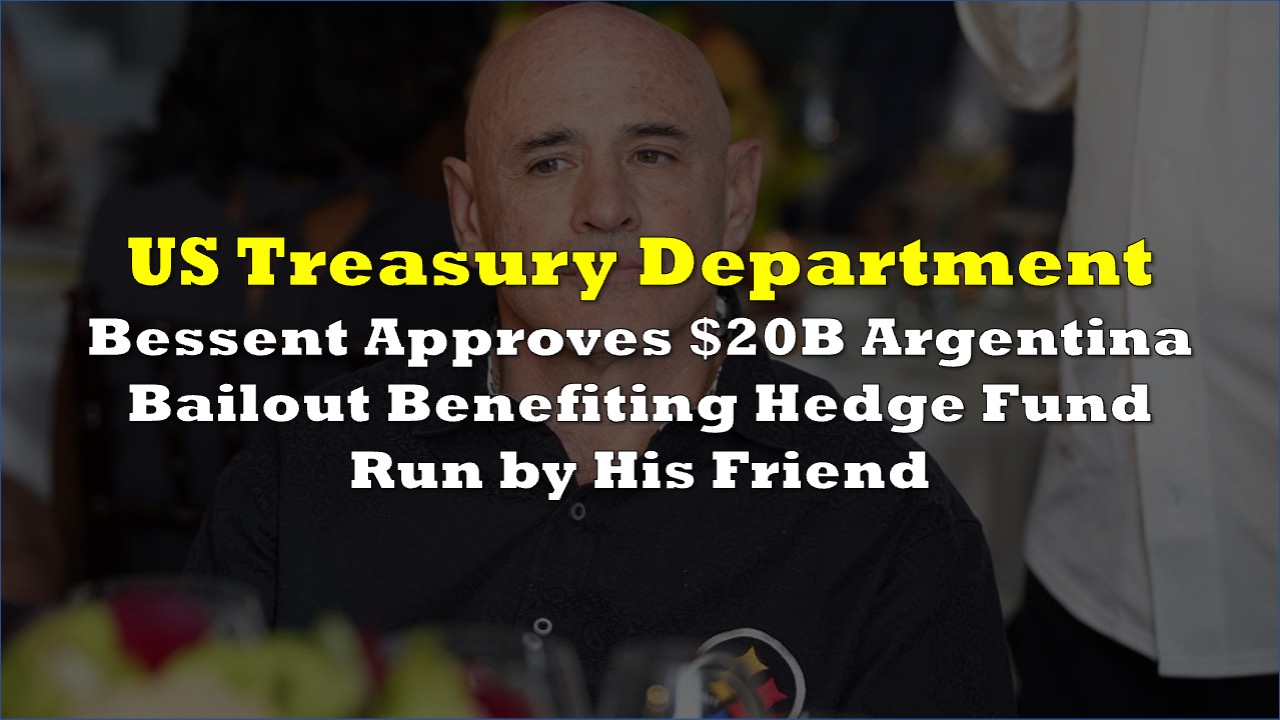



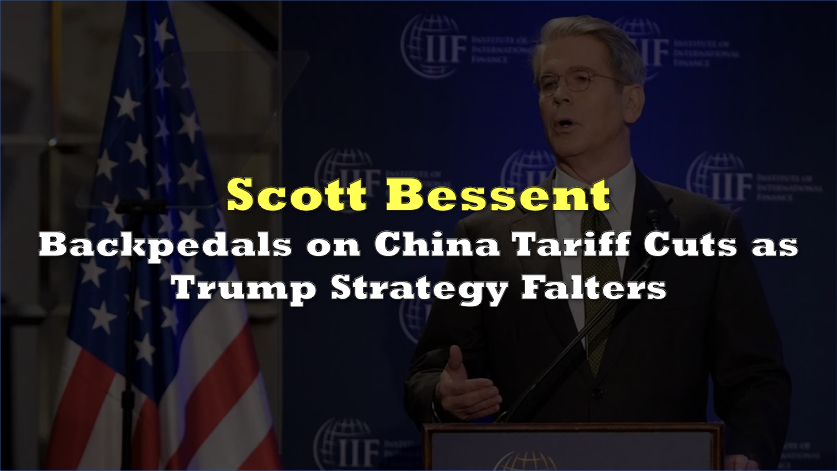
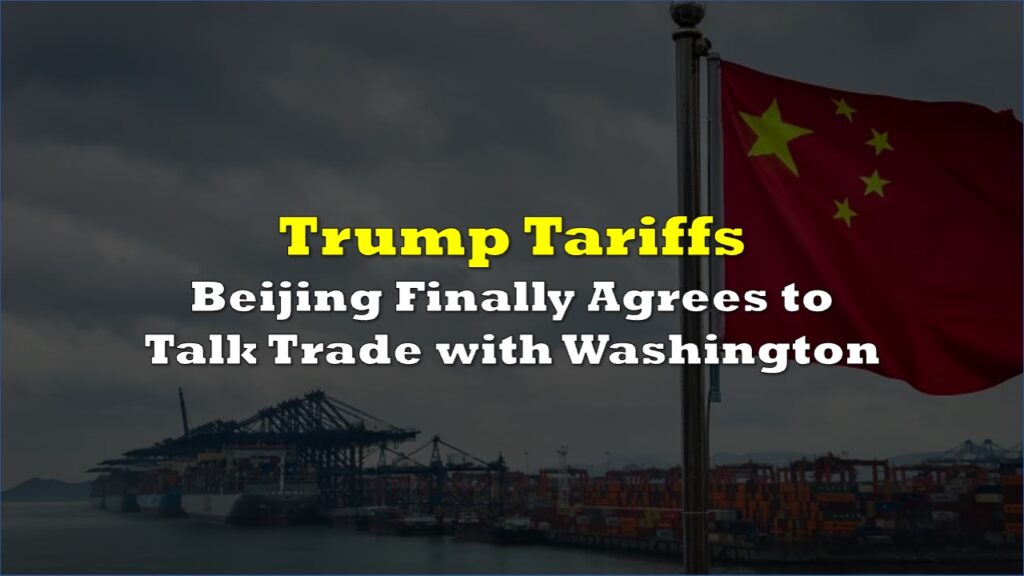
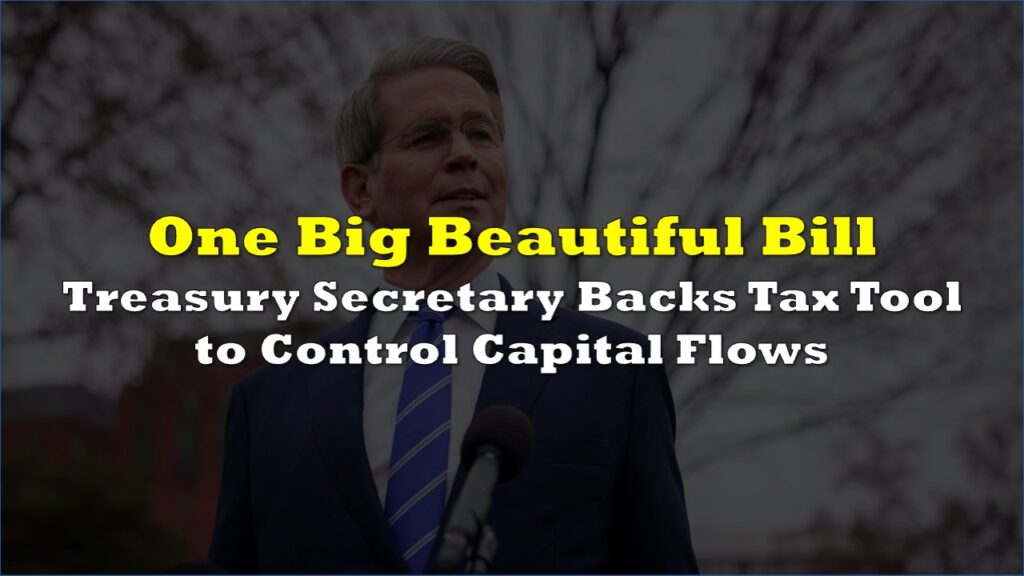

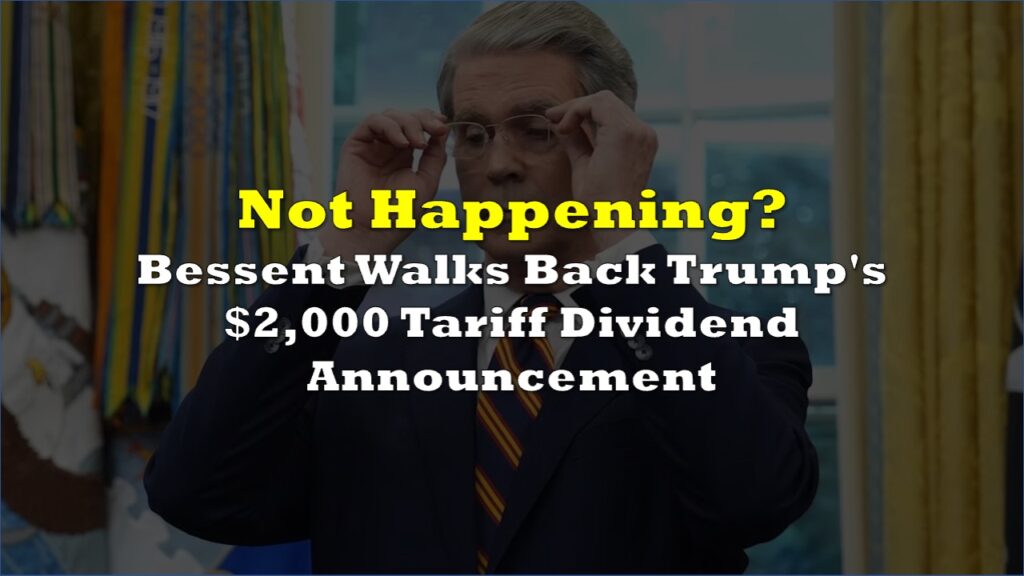
3 Responses
Noone expects any politician, let alone one who has told hundreds of thousands of lies, to tell the truth anymore. This is Trump’s two pronged legacy: being a massive pedophile and rapist, and the person most responsible for killing the TRUTH. I don’t need to say what most of us think should happen to him, but I can definitely say it will be a VERY unfortunate day when he dies of natural causes. He deserves to die on live TV in Nuremberg.
Simple rich grifter helping rich grifter calling it a country representing a model of market-oriented reform, which it is not. His buddy was gambling and lost. Just say you were “joking” to the American people, that seems to work a lot for the Republicans when they swindle and lie.
As an Argentine citizen I guarantee you that that amount of money won’t make a difference to the working class down here. Some people see as more debt we’ll never be able to pay, and some optimistics see it as “a foreign investment in our economy”. Its obviously a bullshit facade to hide the fact that they’re playing with taxpayers money for their own interest